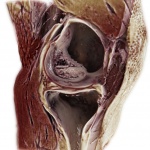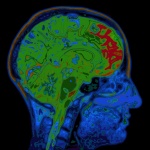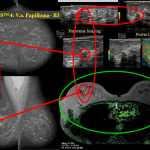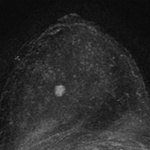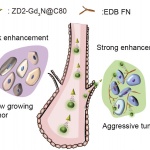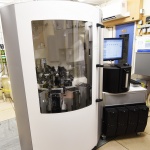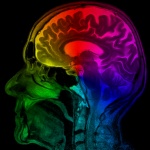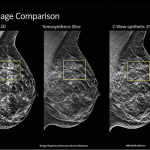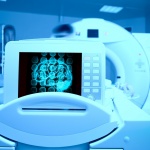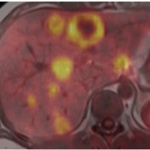
Article • Combined techniques
Raising the bar higher in CRC imaging
Combining molecular information and high contrast resolution may well improve current performance in colorectal cancer (CRC) cases, according to Vicky Goh, who presented the latest results on PET/MRI during the last European Society of Medical Oncology (ESMO) meeting in Madrid PET/MRI brings the best of both modalities together: high contrast to noise and high spatial resolution combined with…




